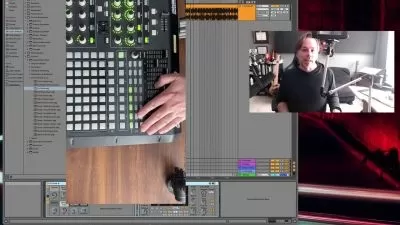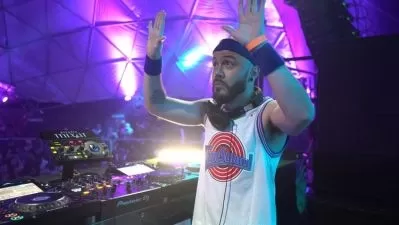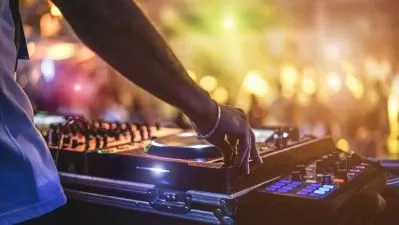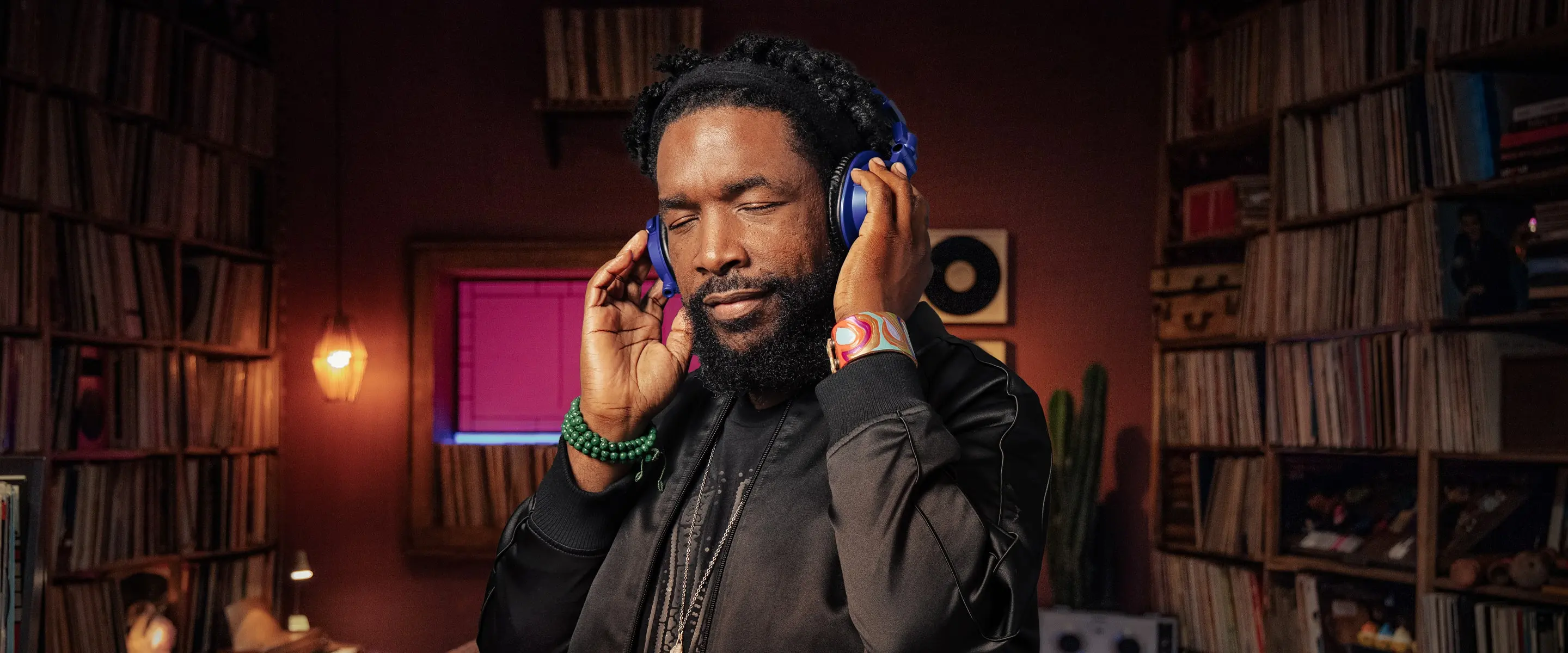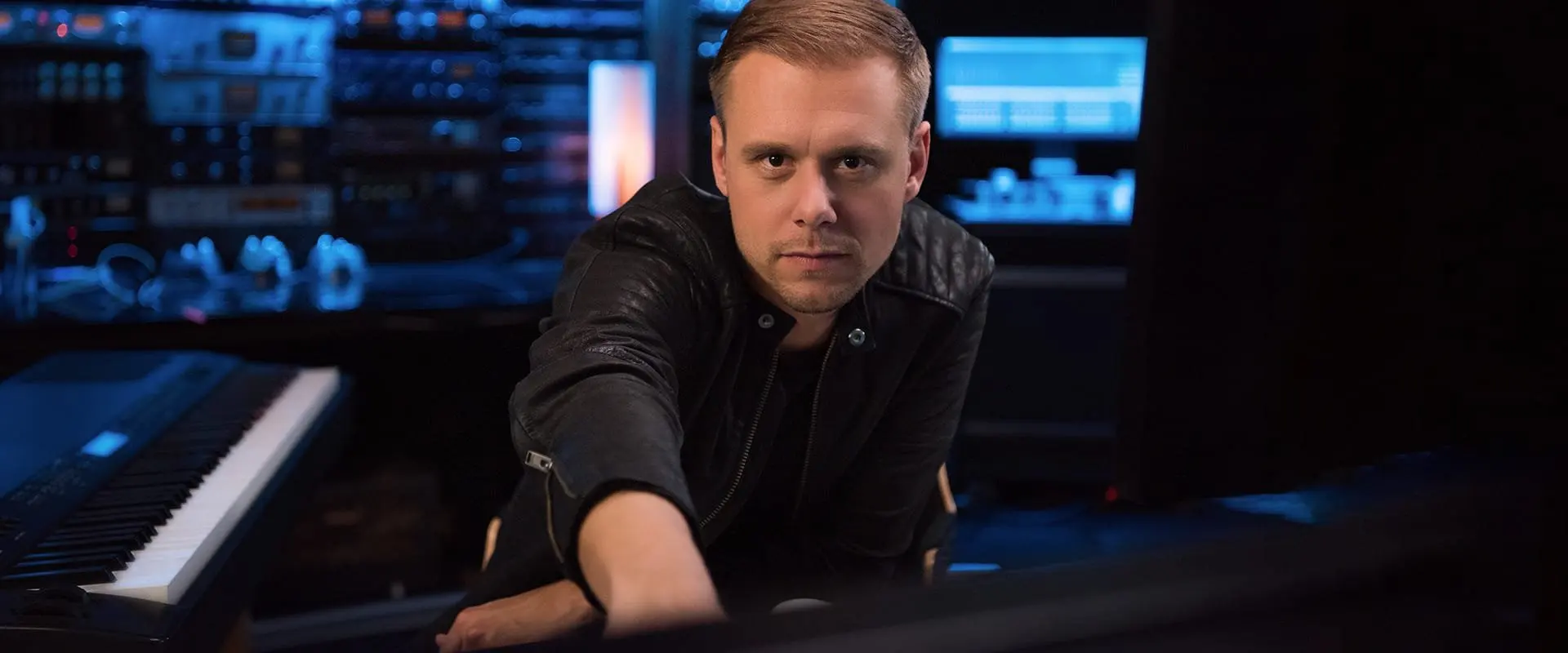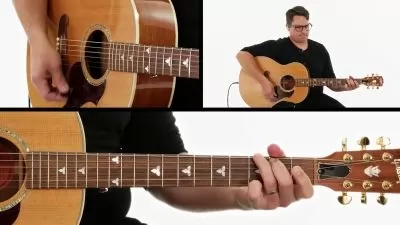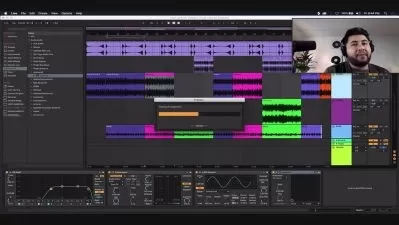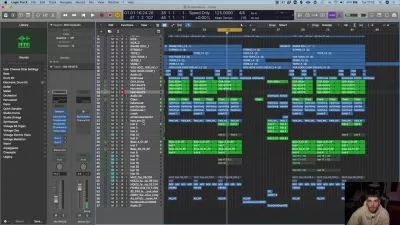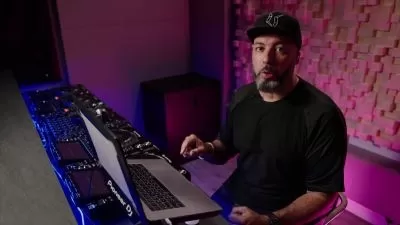About DJLearn More
DJs (or disc jockeys) serve as masters of ceremonies for all manner of functions, from weddings to house parties, by engaging the crowd with fun banter and an eclectic array of music to keep everyone entertained. They serve as announcers for radio stations, and their presence on the internet is growing. If you have always wanted to be a disc jockey, Udemy offers many DJ classes that can get you started.
Sort by:
Sorting
The newest
Most visited
Course time
Subtitle
Filtering
Courses
Subtitle
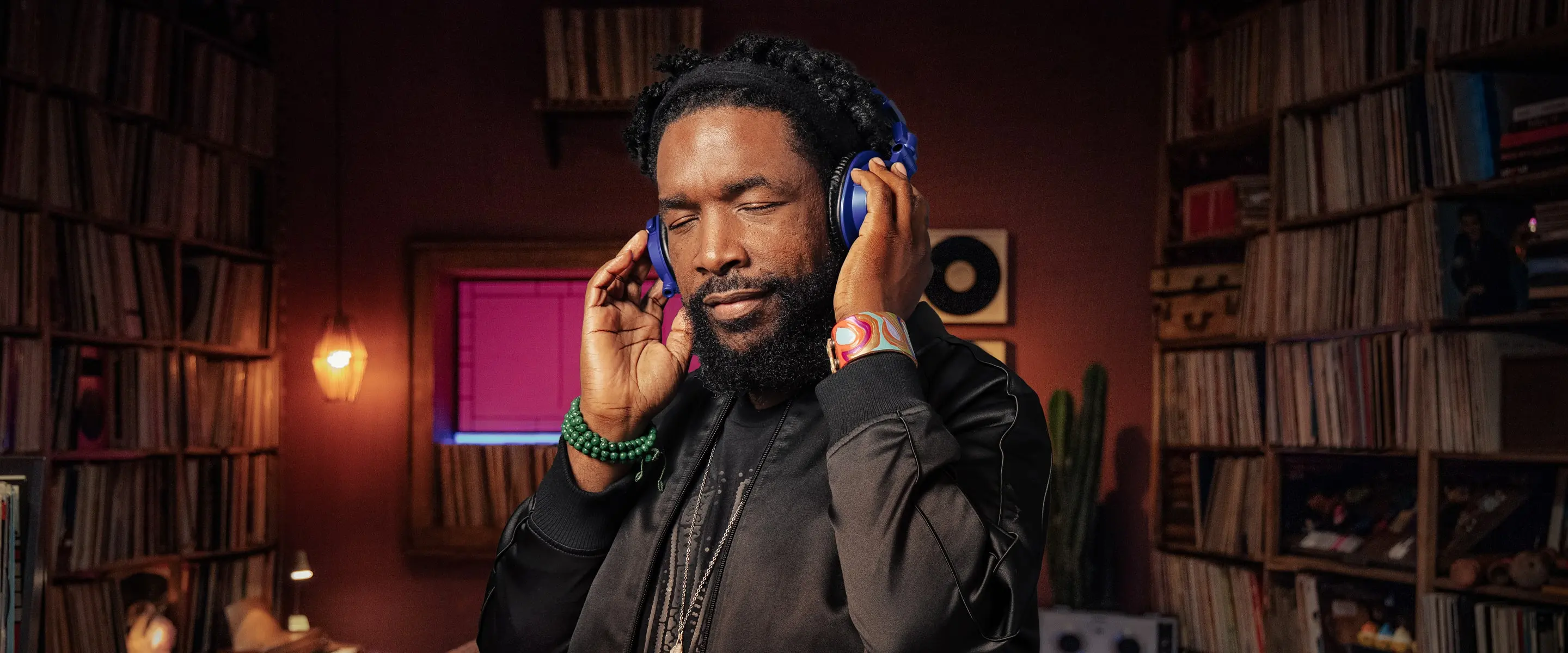
Master Class


Questlove
Questlove Teaches Music Curation and DJing 3:23:43
English subtitles
04/13/2023
Frequently asked questions about DJ
A disc jockey — known as a DJ — is someone who plays musical recordings at public events, nightclubs, radio shows, and anywhere else curated music is needed. A DJ is responsible for ensuring that both musical recordings and other programming like commercials and announcements play on time. They may also be responsible for interacting with listeners through social media. While the term DJ used to refer largely to someone working at a radio station, today, the term refers commonly to those producing their own dance music. DJs today may use vinyl records to perform, sampling parts of songs and switching between records using a mixer. A modern DJ may also use electronic music software like Ableton, Traktor, or FL Studio to mix and perform a party playlist. No matter what techniques and tools a DJ uses, the goal is the same: to provide an entertaining music experience for those in attendance.
A DJ needs to have a good sense of rhythm and timing. These elements of music help the DJ understand how beats work and how to deliver maximum impact with their choices. They also allow the DJ to inject more creativity into their performances. Technical abilities are also important, as they will be “playing their instrument” — their turntables, mixers, etc. — with great precision. DJs need good interpersonal skills to network with clients and colleagues, as well as get along with people in the crowd. A high degree of stamina is also necessary, as DJs need to energize crowds and keep up with the pace of a live music experience. A good business sense is also important because DJs need to invest in equipment and negotiate fees for their time.







